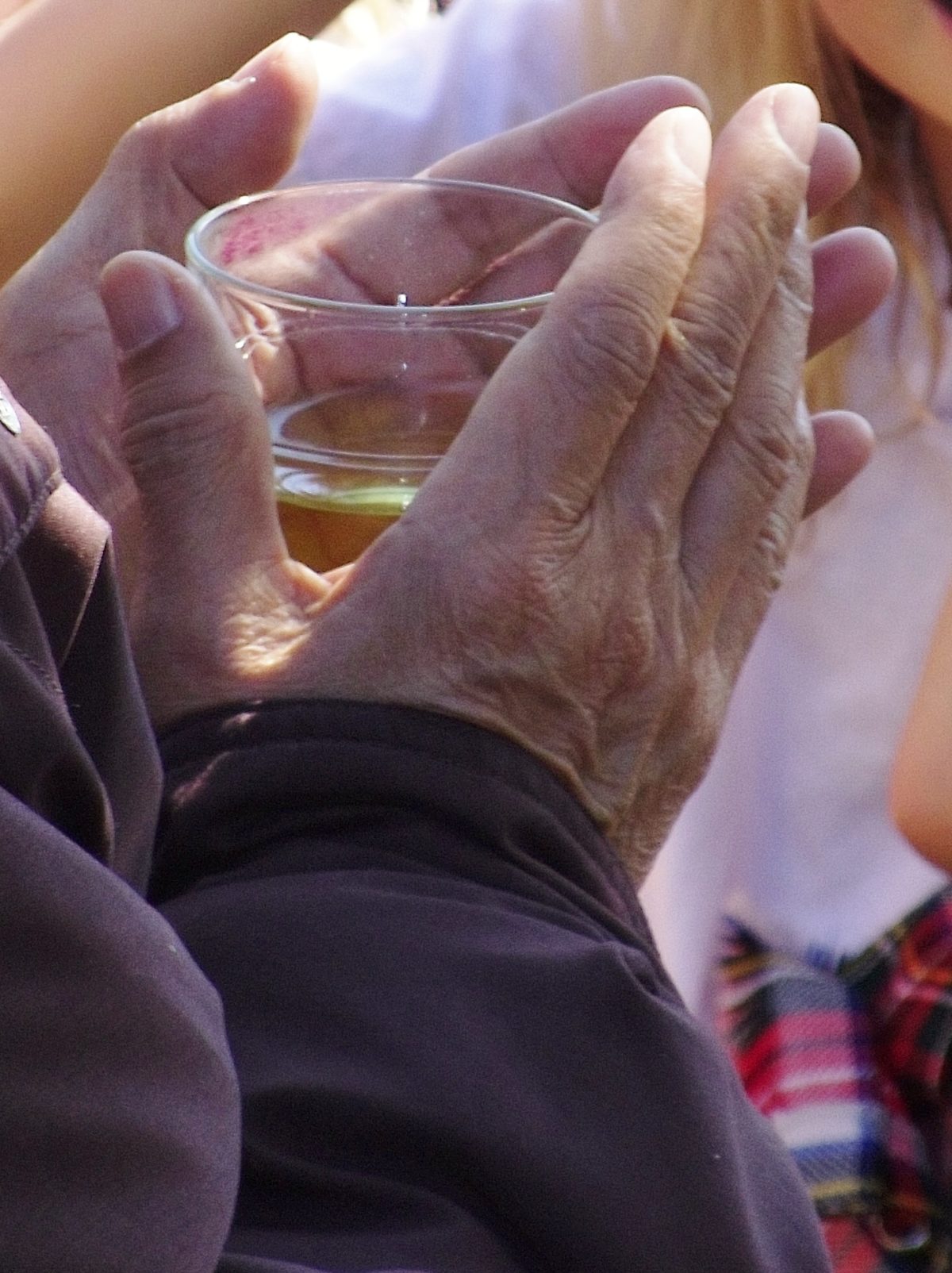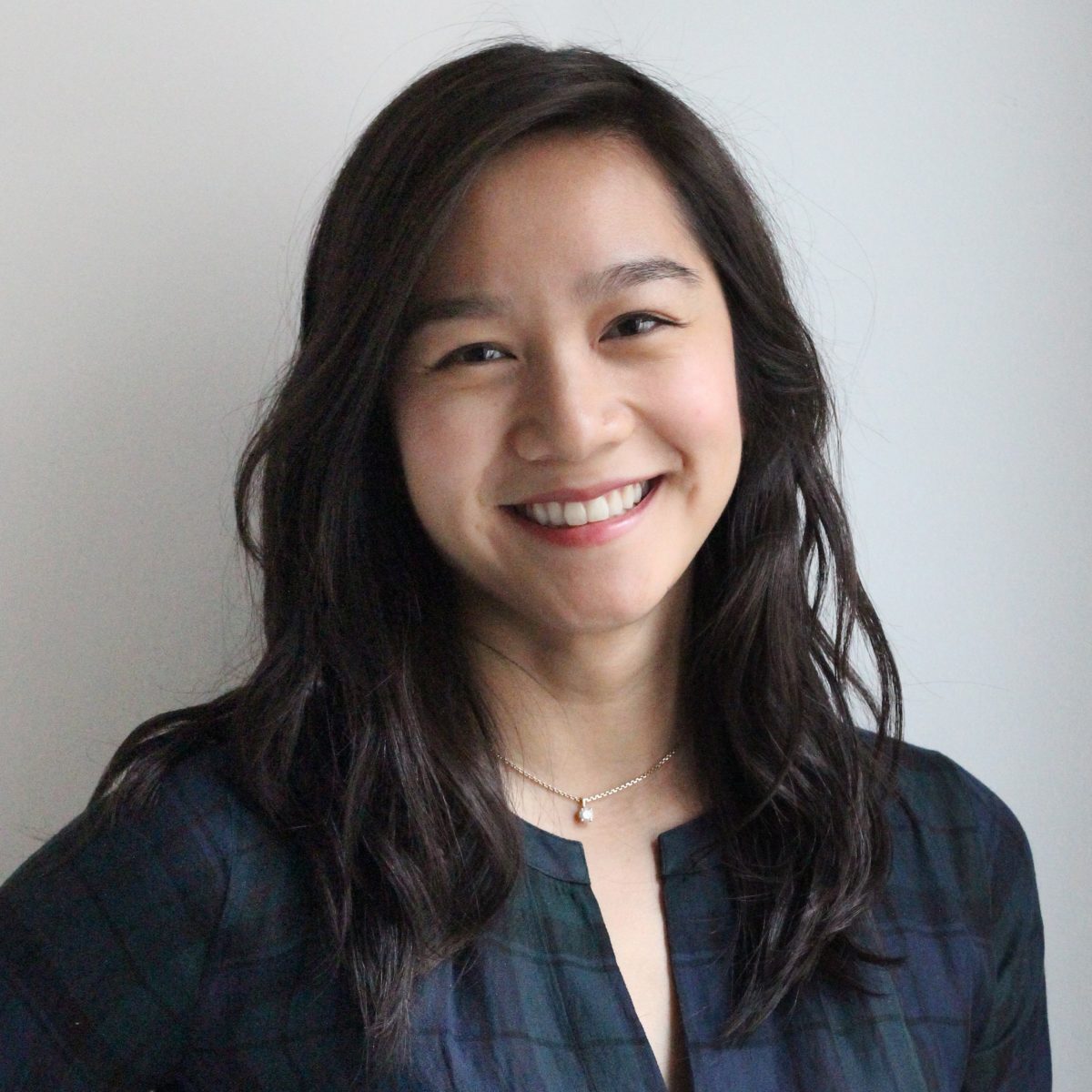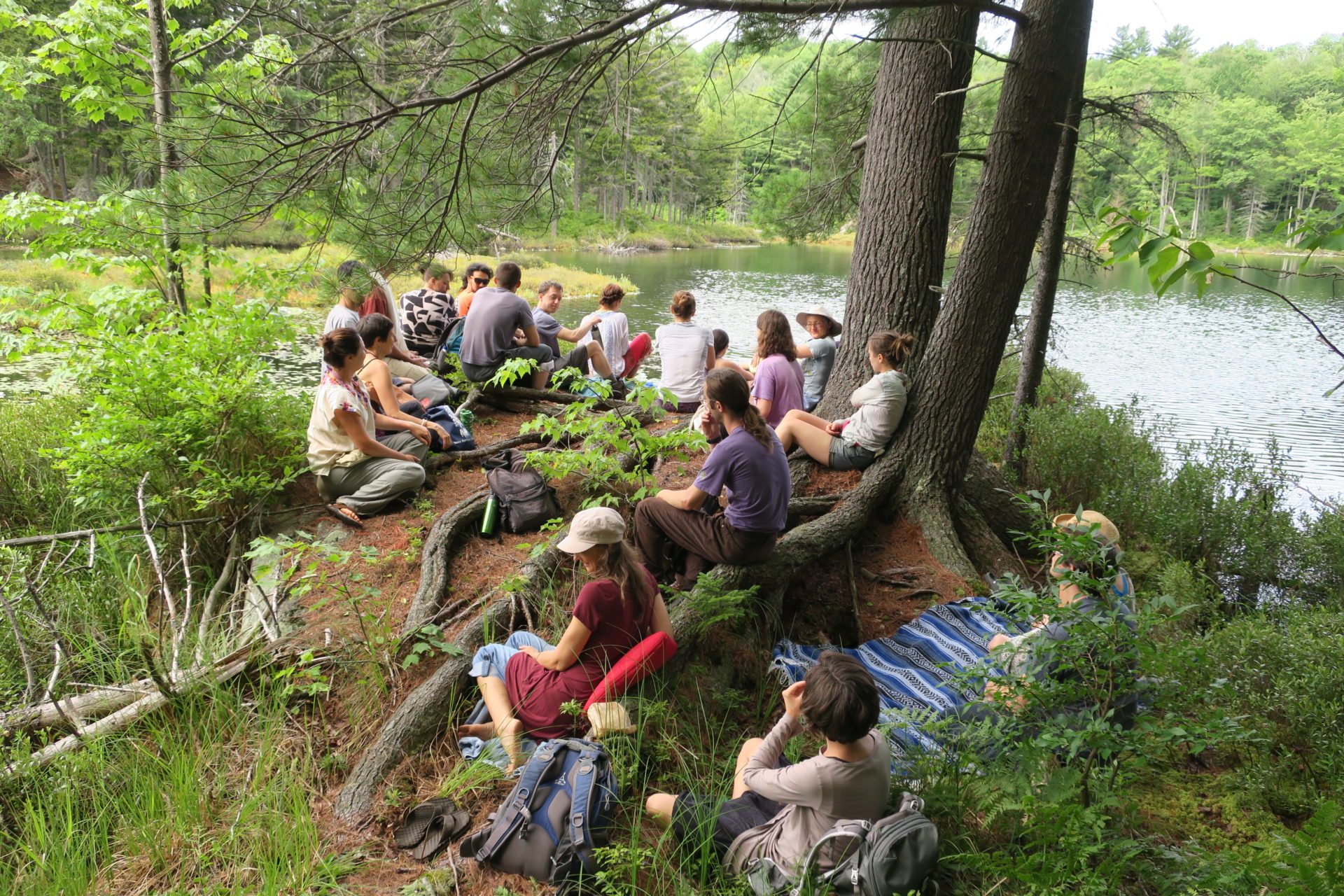By Adrienne Minh-Chau Le

On a crisp evening in late December 2016, the Love Circle Sangha in Brooklyn, New York, held a special annual gathering: The Call to Healing. The warm and spacious meditation hall of the Brooklyn Zen Center was filled with more than sixty people for an evening led by four Dharma practitioners who are of African, Asian, and Native American descent.
By Adrienne Minh-Chau Le

On a crisp evening in late December 2016, the Love Circle Sangha in Brooklyn, New York, held a special annual gathering: The Call to Healing. The warm and spacious meditation hall of the Brooklyn Zen Center was filled with more than sixty people for an evening led by four Dharma practitioners who are of African, Asian, and Native American descent.
The Call to Healing is a tradition that began two years ago, after a string of killings of unarmed black men, women, and children at the hands of police in 2014. It was created as a sacred space for people of color to come together, to feel safer, and to heal. “This year, as our core community—Black, Indigenous, People of Color, LGBTQIA*—faces political and personal attacks across the country, we are committed to honoring our sacred bodies/minds/spirits, bearing witness to our suffering, and nurturing our well-being with healing practices grounded in our own cultural traditions,” wrote the event organizers. “This is a moment for us to be held, heard, and affirmed, and to draw on the strength of our community and our ancestors.”
As a Vietnamese American activist and lifelong student of Thay, I joined the Love Circle Sangha because it is a community that recognizes and speaks to the acute suffering of people of color in our society. It is a community of people who work to dismantle systems of oppression and who find strength in each other. The Call to Healing reinforced for me that Dharma practitioners of color are here; we have always been here, and we will continue to cultivate community, to nourish ourselves and those around us in rich and beautiful ways.
The event facilitators incorporated Indigenous, Asian, and African spiritual practices into the evening’s program. We invited our ancestors into the space and had sitting meditation, guided deep relaxation, music, mindful movement exercises, and touching the Earth practice. We also listened to a Dharma talk by Lama Rod Owens, whose openness, sincerity, and wisdom were right on key for the evening. Lama Rod reminded us that part of caring for ourselves is allowing space for us to be imperfect, to get angry or sad, or to say the wrong thing. It’s okay to not feel okay; it’s okay to be in despair. The important thing is that we don’t stop there, that we work to transform that suffering into love. This self-care is essential to anti-oppression work because, as Lama Rod put it, “How can I try to bear the liberation of others if I can’t even bear my own right now?”
As we work to overcome the fear and hatred that has made itself more visible over the past year, and as we seek to take care of the pain, it will be essential to come back to our communities, to collectively hold our suffering and heal. In that meditation hall, surrounded by so many warm and compassionate people, I felt in my bones that Thich Nhat Hanh and Dr. King are right. The only way to do this is together, as a beloved community.
1 LGBTQIA: Lesbian, Gay, Bisexual, Transsexual, Queer, Intersex, Asexual

Adrienne Minh-Chau Le has been part of the beloved Plum Village community since 1996 and joined the Thich Nhat Hanh Foundation Board in 2016. She is a writer, nonprofit strategist, and independent consultant based in New York City.

